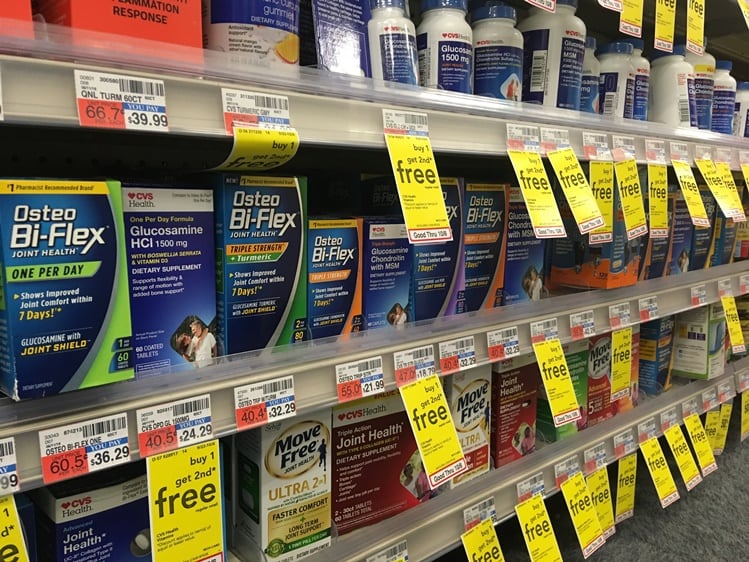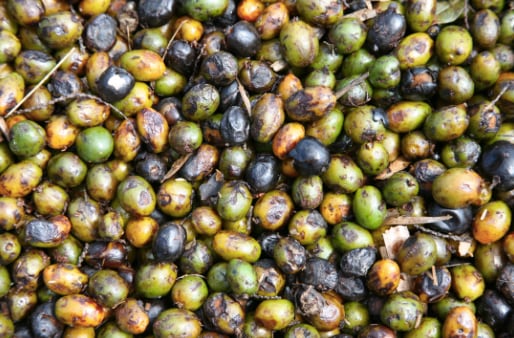Researchers from Circulation Sciences and the Nicolaides’ Lab at Chieti-Pescara University in Italy analyzed documents of patients treated at different centers that have reported repeated deep vein thrombosis and post-thrombosis symptoms—where blood clots in a part of the circulatory system.
The paper was published this summer in the journal Minerva Cardioangiologica. The intervention ingredient highlighted in the paper was antioxidant-rich Pycnogenol, a branded extract of French maritime pine bark manufactured and marketed by Horphag Research, which has offices in Geneva, Switzerland, and New Jersey.
Study details
When participants enrolled in the study, they were given two possible management options: Standard management consisting of compressed socks and control of thrombotic risk factors (like reduced mobility, dehydration, and prolonged flights), or standard management plus an intervention.
So far, there is no drug to treat prevent recurring deep vein thrombosis or post-thrombosis symptoms, the authors argued.
There were five groups in total: A control group using just the standard management, aspirin group, ticlopidine group (a blood thinner), sulodexide group (also a blood thinner) and a Pycnogenol group, to determine the efficacy of these treatment options for reducing occurrence of PTS and recurrent thrombosis.
The authors concluded that Pycnogenol was the “most effective and safe for [reduced deep-vein thrombosis] and particularly post-thrombotic symptoms” because it significantly lowered incidence of recurrent thrombosis (5.8% incidence in Pycnogenol group vs. 17.2% in control), incidence of post-thrombosis symproms (6.5% in pycnogenol group vs. 19.8% in control group), and overall the lowest occurrence of thrombotic events compared to other test groups.
The study’s lead author, Dr. Gianni Belcaro, has published multiple studies that posit health benefits from supplementing with Pycnogenol, such as one published this year that found that the extract may ease post-flight symptoms like jet lag and swelling.
Can you market thrombosis prevention as a dietary supplement?
In Switzerland, Brazil, and several other South American countries, Pycnogenol appears in OTC products, a spokesperson for the company told us.
But in the US, making thrombosis prevention claims is nearing drug claim territory. Hence, a claim that will work within the regulatory framework here is something along the lines of ‘supports vascular health’ or ‘healthy aging,’ as thrombosis tends to happen more frequently as adults age.
“Numerous studies now show the effects of Pycnogenol for improved circulation, and that it may help reduce risk of thrombosis,” the spokesperson said.
Healthy Aging Online Conference
Do you want to learn more about the Healthy Aging space? Join us for our FREE online conference on Thursday, October 25. CLICK HERE TO REGISTER

Diane Ray of the Natural Marketing Institute will present a market overview drawn from her company’s proprietary database, and sessions sponsored by suppliers will be offered, too. In addition, a panel discussion will take place featuring speakers such as Guru Ramanathan, PhD, head of innovation for GNC and Graham Rigby, PhD, director of innovation for Care/Of. Katie Bond, an attorney with Amin Talati Upadhye and consultants Mark Miller, PhD and Marc Brush, former editor of Nutrition Business Journal, will contribute as well.
Click HERE to register for our FREE online event.




